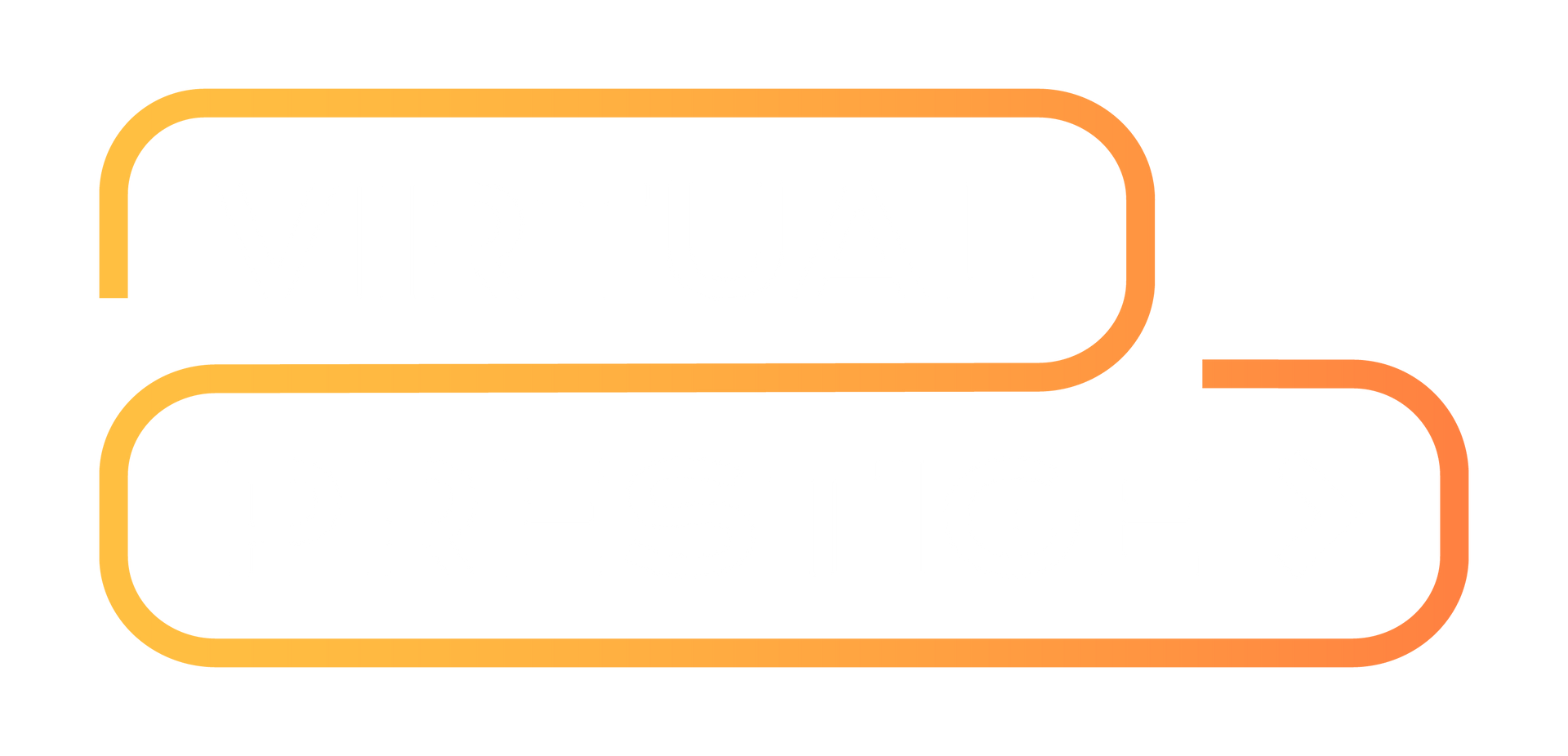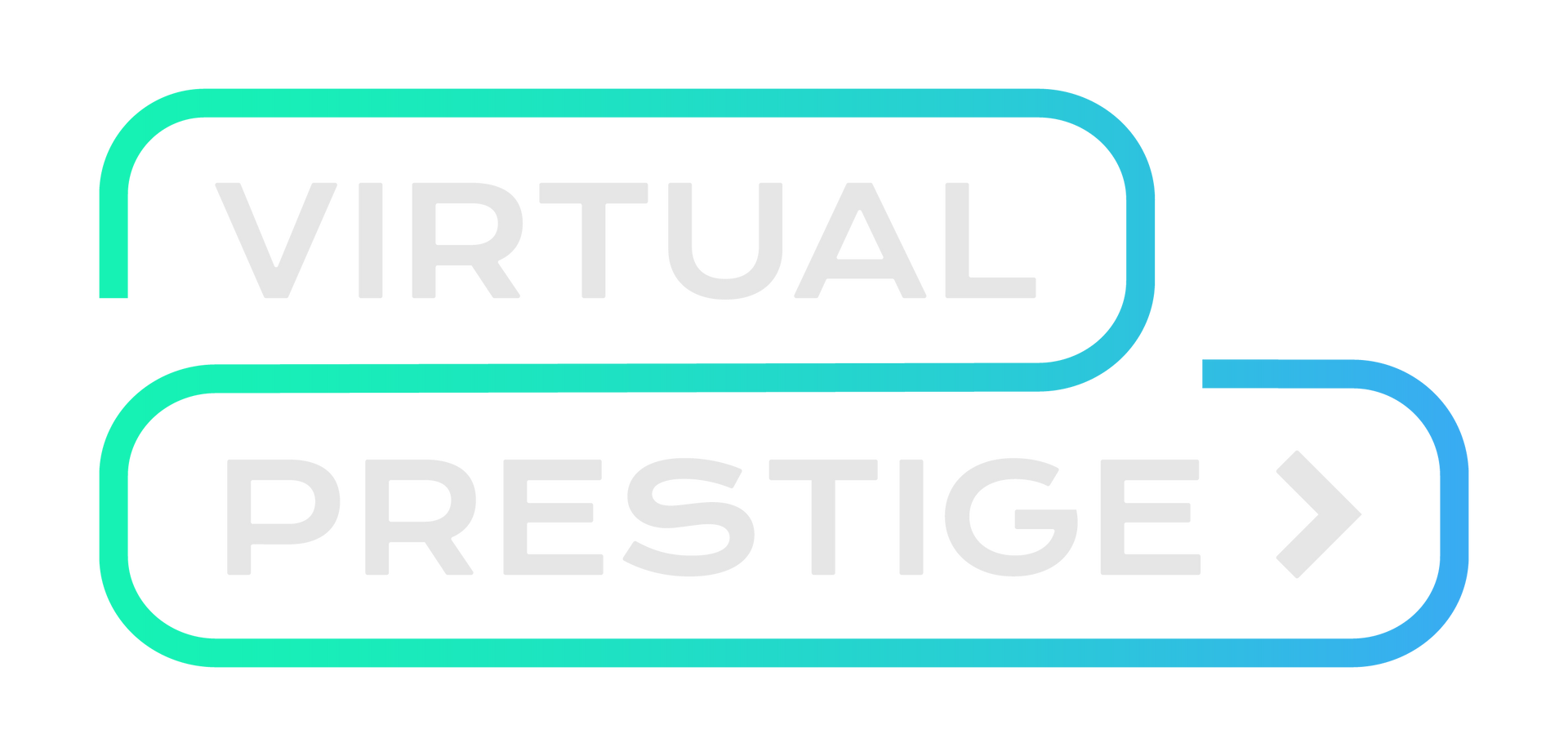Blog

Earlier this year, while out doing my usual catch-ups with contacts (and drinking enough coffee to power a small city), I decided to do a little research. Everyone I met, I asked the same question: “What does business development mean to you and your business?” The responses were fascinating — and surprisingly divided into two camps: It’s all about sales and marketing. It’s more than sales and marketing… maybe strategy? That’s when I realised my work was cut out for me. How on earth do I explain what business development actually is — and more importantly, what it can do for a business? Spoiler Alert: It’s More Than Sales & Marketing What if business development was more than sales and marketing? (Spoiler: it is. And no, that’s not just my inner strategist talking.) Sales and marketing are crucial — every business does them to some degree. Sending marketing emails, posting on social media, firing off newsletters… all good stuff. But those are actions. Business development? That’s the why behind those actions — the secret sauce that ties them together into something powerful and profitable. Seeing the Bigger Picture I like to think of business development as the conductor of an orchestra — making sure every section of your business plays in tune, at the right time, and doesn’t wander off into a jazz solo halfway through. Take sales and marketing, for example. You could send out millions of marketing letters every year (and yes, some still do). But how do you know if that’s the right move? Data is power. If you understand how those letters are being received, you can refine your message. That influences your tone, your content, and even whether you need to send out a million of them in the first place. Because let’s face it — if no one’s reading them, you might as well be writing love letters to your recycling bin. KPIs, conversion rates, engagement data — they’re not just buzzwords, they’re your compass. And a good Business Development Manager knows how to use them to build strategies that are both smart and flexible. So What Else Does Business Development Actually Do? This is where businesses can really start to shine — by not just understanding what business development is, but by learning how to strategise and implement it. Let’s break it down: Marketing Understanding buyer psychology, increasing visibility and brand awareness, and crafting messages that actually make people stop scrolling. Sales Potential clients are engaged and excited. Your salespeople build rapport, have meaningful conversations, and sell with confidence (not desperation). Operations The client is on board, and it’s go-time. Deadlines are met, communication is clear, and everyone’s rowing in the same direction. Customer Experience Clients get top-notch service and exactly what they were promised — maybe even more. They become loyal repeat buyers because every part of their journey feels smooth, human, and genuine. Staff Experience Your team knows their roles, collaborates effortlessly, and feels part of something that matters. Morale goes up, productivity follows, and management becomes approachable (not feared like the office printer). Finance The company is profitable, reinvesting wisely in products, services, and people. Credit control is tight, margins are healthy, and your accountant actually smiles for once. Compliance Everything’s above board, with no nasty surprises when the auditors pop round. Quality You’re not just meeting expectations — you’re exceeding them. Your competitors might try to tempt your customers away, but they’ll come running back when they realise the grass isn’t greener. Value When all these elements are in harmony, customers feel the value. They understand that cheapest isn’t always best — and they’re happy to pay for quality that delivers. But Let’s Be Honest… It all looks great on paper — until: The software holding everything together starts acting like it’s haunted. The wrong people are in the wrong roles and everyone’s quietly losing the will to live. You’re chasing volume instead of value (and watching profit margins vanish). Credit control’s gone AWOL and cash flow’s tighter than your jeans after Christmas. Deadlines are slipping, customers are fuming, and staff morale’s taking a nosedive. Marketing spend is sky-high with nothing to show for it but a few pity likes. You simply don’t have the resources or experience to juggle it all. Sound familiar? You’re not alone — and that’s exactly why business development exists. The Heart of It All Business development isn’t just about sales and marketing. It’s the strategy behind the entire company — the glue that keeps all the moving parts aligned, efficient, and sustainable. When it’s done well, your business doesn’t just grow — it thrives. In short: business development is like coffee for your business — strong, strategic, and absolutely essential☕. Kate Baines kate@virtualprestige.co.uk

With the digital world and social media being a constant and loud noise, it's easy to think most, if not all people around us have it great, and possibly even better than ourselves. That's a bit of a myth, and the reality couldn't be further from the truth. I wanted to take a moment to reflect on this noise and be a bit real about how tough and challenging it really is to run a business. This isn't about honing in on the negatives, but the reality is with business comes challenges that we as business owners face on a daily basis. A clear message I want to relay is that many of us face shared experiences which should be seen as a positive in knowing that where we often feel isolated, so do many others who we will have similar thoughts, feelings and the same challenges. Whether you are freelance, working solo or have a multi million business, the biggest thing we all have in common is more than likely the loneliness that comes with being a business owner. We all face multiple challenges be it cash flow, recruitment issues, working in isolation, impost syndrome, weeks or days sometimes months of feelings things are just not going to plan. And then of course we are also shouldering what staff and clients might also be challenged with. Working with multiple business owners I often get front row insight into their journeys. All very individual, off doing their own business venture with their own flair. But I see the self doubt creep in every now and then on varying levels and intensity, and I can empathise with this. The raw truth is I feel it too sometimes. I'm also just as guilty as the next person in comparing myself and my achievements against peers, and can often find myself looking at social media with a hint of jealousy, my brain automatically buying into the myth that everyone else is doing so much better than me. But it's just that, a myth. We are all on our own journey and must remind ourselves not to pit ourself against peers or competitors. The hard truth is that starting and running a business is incredibly difficult and will always have its challenges. Many start-ups don't make it past the first few years, and if you do make it the journey can still takes its toll on your mental health. It's so important to be self aware and take notice of any signs that you might need a bit of help. Having a support structure be it family, friends or professional help is so important for your wellbeing, but also future proofing you and your business. I provide support in varying ways to clients but who supports me? I'm incredibly privileged to have an amazing emotional intelligence coach who helps me both personally and professional wade through the challenges and helps me to build up a tool kit to help myself. It's ok to make mistakes, seek help, have good and bad days. That's how we evolve, pivot and build resilience, but also how we become a better version of ourselves. It's ok to not be ok. Kate Baines kate@virtualprestige.co.uk

In recent months I have questioned the purpose and point of having a business plan. I had been involved in setting up some start-up business workshops where one covered finance and business planning. To my horror the trainer felt that a business plan no longer had a place in the world and that they wouldn't be including any content for the attendees of the workshop to cover that aspect of running a business. Being from a Corporate Finance background, my knee-jerk reaction was to challenge this belief, when my own was how important they are for business owners. But it did open up a valid point of debate, do we still need a business plan? Whilst my belief that had been drilled into my subconscious over a 20 plus careers in corporate was to have a business plan, my curiosity was to understand why you shouldn't have one. Full transparency, the argument back was weak at best and was a simple no one ever looks back at them. For a moment there I thought I was the one out of date and maybe there was something I didn't know or have a real handle on. But I simply didn't feel this was a valid argument that could sway my belief in the value of having a business plan or the reasons you might need one. Whilst I also didn't disagree with the trainers statement, and I must be clear here, the trainer is someone working with multiple businesses in a coaching and consultancy capacity to directors and board members. My natural reaction to challenge is also to understand when advising organisations, be clear on why or why not you are recommending something that could have an impact on their business aspirations. There are multiple purposes that are valid reasons to have a business plan, so to be dismissive of its value, to me, seemed a bit bonkers. My thoughts on why you should have a business plan are: It maps out your business journey, giving you future points of reflection. It establishes goals, aims and purpose. It can generate points of innovation and collaboration with your teams and clients. It holds you accountable for your goals and ambitions, and can provide a level of compliance and governance. If you were to share your overarching plan with staff, it fosters a culture of a shared purpose. A business plan is still required at critical points in a business life if you are applying for a grant, funding, investment or loan. Whilst there will be some purposes that seem prescriptive, I'd much rather adopt a more effective approach to why you should have one rather than not at all. Early on in my career business plans were these large and lengthy documents of all the things set as targets for the year ahead. And yes I agree, how often are these still produced or even looked at, how many sit in a drawer never to be seen again. I also don't dispute that there should be a master plan, but it should viewed as a fluid document that's adjusted to meet your business needs and enable you to reflect on how far you've progressed to keep it a live document. Where I see the true value in a plan is how you might use it to empower your staff. One large 50 pager with lots of content is a bit of a mountain. Let's be honest with ourselves, are we ever really going to achieve it all or in the timeframe we ambitiously set at the beginning. A much more powerful approach is breaking it down into one page plans to focus on throughout the year. Setting quarterly tasks and goals that align to the master plan, but allowing the fluidity needed to adjust to meet smaller but impactful actions being achieved. For larger organisations, this is where you can empower your staff by giving team leaders or managers some responsibility and accountability to create and action their own one page plans. Not only does this give your employees a sense of trust and the belief in them to do well, it's literally a cooking pot of ideas, innovation and achieving further growth. If Colin in engineering, who's a manager, understands he has an opportunity to contribute to business growth, but at the same time safe guard his job and that of his team, he's not going to say no. And through that opportunity, innovates a new product line that can become sales generating, what an amazing outcome. And yes, Colin and his team should also get that bonus for being fabulous innovators, his team has just earnt you a whole chunk of change. That all started from a one page plan aligned to the master plan that you entrusted to Colin to produce with his team. And to top it off, his team reviewed an existing product line which they then streamlined to be produced more cost effectively, enabling a quicker production line and extra sales to meet demand. Do business plans still have a place in the world? Absolutely! We just need to be more conscious of their effectiveness, purpose and impact to make them a more valuable asset to the business. Kate Baines kate@virtualprestige.co.uk

Having a regular re-check of your internal processes is such a great way to health check your business and innovate. And it really isn't as boring or tedious as you might think. Regardless of how long you've been trading, sense checking what you do and how you do it can be really enlightening and effective for business growth. It can highlight: What you do well, and what needs improvement Identify gaps in your business Collect and analyse valuable data insight on ways to increase trading income Reflect on best use of your time Encourage collaboration & innovation For bigger teams, cross pollination of ideas, but also adopting best practice across teams Identify business needs, is a heavily manual process now at a stage where software would improve user experience and productivity Great understanding of your market and audience, potentially highlighting a gap in the market that you have a solution for and can corner. When a business is just starting out and really takes off, before you know it you can yourself in a sticky situation of having very limited and time consuming processes. This doesn't mean invest money you don't have right from the offset, but considering better and smarter ways of work that can be easily adapted in the future if software if required or makes sense to invest into. Not having any process in place or something clunky can be costly and ineffective leading to long weeks of constantly playing catch up. If you find yourself in that position, whilst you may not think it's a priority to reflect on how and why you got into that situation, taking a moment to think "is there a more effective way?" is incredibly important and instrumental to your wellbeing and the health of your business. Block out some time and start to breakdown the process you have set up and be open to challenging yourself on their effectiveness. You might find you don't really have any solid processes because you've been fire fighting on a daily basis to meet demand. Map out what you do, this could be as simple as what happens when you get a potential client enquiry. What happens next? How do you convert them into a paying client? Do you find you lose more leads than convert? How do you meet client expectations or contractual obligations if you are chasing your tail? Is there a more effective way to run this process, whilst capturing valuable data, meeting compliance, and being super organised at the same time. Even when you're up against it to get work out of the door, sometimes taking a step back before moving forwards but more strategically is essential to sustainable trading. While you're fire fighting because you've made hard work for yourself, although not a bad problem to have, this isn't effective. You are potentially a busy fool who could be working on better and more valuable opportunities with the right processes in place. But also know your lane. If you can't see the wood for the trees or you wouldn't know where to start in mapping out processes, then invest in someone who can navigate you through it. In the long run that will be much more cost effective for you but also introduce potential innovation through collaboration. Kate Baines kate@virtualprestige.co.uk

Creating blogs for someone else or their company website can be challenging. Writing blogs isn't always the easiest thing to do even if you are writing them for yourself. Over the years I've written a vast library of blogs both as myself and as a ghost writer for clients. Blogging is a vital marketing tool that showcases knowledge, experience and understanding. The best part, it helps raise the online profile of a business through SEO. I've always taken great pride in my ability to be the chameleon blog writer. Getting to know my clients, their quirks, personality and bringing their identity and tone throughout a piece of written work. Here are my key tips for writing a great blog for someone else: Get to know your client. This is really important. How can you write something in their style and personality if you don't know much about them. It's also important to your client that what your write replicates how they come across in real life. Imbed their personality into your written work. Ask for a list of potential subjects to cover, but also come up with your own list. You want range and depth of knowledge. Keep to your subject in a blog, don't confuse the reader with cross purpose. Don't just go for the safe subjects, go with the challenging ones that push you, add research if necessary. Always reference your source points. Talk through your clients monthly marketing plans, get ideas from their focus points and write blogs that compliment this. It will bolster their marketing plan, and your client will appreciate it. Guide your client on best practice and allow them to make changes. Its their blog at the end of the day and any tweaks they make will add the final touch to imbed their tone of voice. If your client returns a blog to you heavily re-written, don't let this dis-hearten you. Talk it through, where did you go wrong, what did you misunderstand. Use it as a lesson well learnt and evolve your style as a result. Get a great proof reader. I'm very lucky that one of my brothers is an English teacher, he's hot on grammar, spelling and tone, and is an invaluable part of writing a great blog. This is so important, your blog will be going out into the public eye. You want to ensure your clients are happy and not having to correct you, but also if it does go out with mistakes it's representative of your client foremost. Human error is inevitable, just look to reduce this as much as possible. And of course a well written blog with excellent grammar and spelling ensures SEO is working for the client through super content. Kate Baines kate@virtualprestige.co.uk

Ever feel like you've walked into the wrong room, then imposter syndrome sets in? We've all had that moment where we have joined a group of professionals whose position might be much higher up the ladder than you are at a certain stage in your life and career. Interestingly, while catching up with contacts this week 3 of them mentioned events they had attended or been invited to and felt that feeling creep in, "should I be here?". I've had that feeling many times. In the early days of my financial career I chaired a meeting on behalf of clients for the sale of their business. It was no small deal, and the buyer was a national firm. The whole board of directors turned up for the meeting along with their accountant. My clients sat either side of me with their accountant. We did the usual introductions, shall we all get a coffee etc. I felt a complete fish out of water, imposter syndrome nearly overcame me when everyone took a seat and all looked to me, the chair. I thought to myself at the time, this can go one of two ways Miss Baines. Either you stay quiet and someone else will pick up the baton, or you speak up now and do what you're here to do, negotiate a deal for your clients. So I plucked up the courage, started the meeting, then forgot my fears and received the respect from the peers in the room that I now know looking back I deserved for knowing my job. The simple answer is yes, especially if you've been invited. Small peer groups of very select individuals are usually pretty focused events, those invited are usually very knowledgeable and often Directors or Partners within well respected firms. These people are also very busy, including the organiser. If you've been invited it's because the organiser and peers within the group respect you, your opinion and what you can also bring to the table for discussion. So don't ever doubt yourself. You're in the right room, and what you don't know you will by the end of the event! Kate Baines kate@virtualprestige.co.uk

